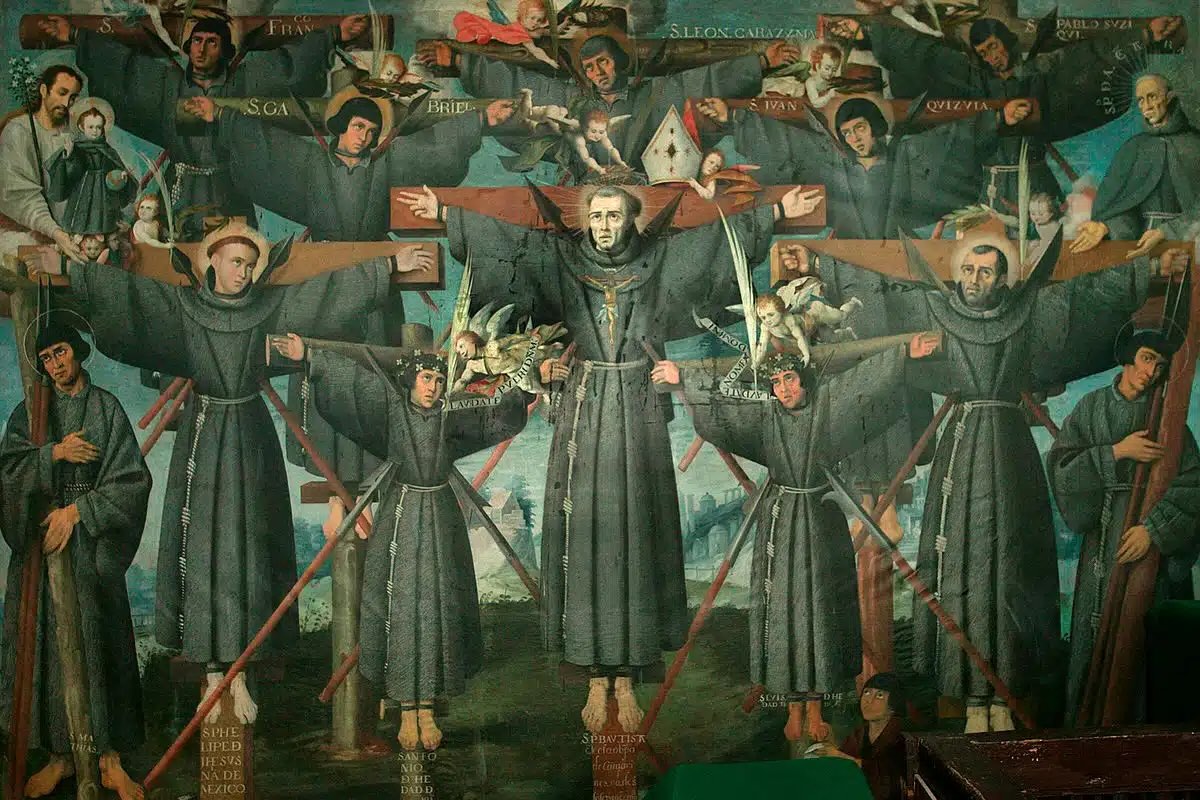Membership & fees
Become a member or renew your membership. Click below to see available tiers.
Call For Papers: The Spanish Pacific: An Interdisciplinary Conference

The application deadline has passed. We are no longer accepting abstracts for this conference. Please contact earlytranspacific@gmail.com for any related inquiries.
Important dates
- Abstract submission deadline: 31 October, 2025
- Notification of acceptance: 20 December, 2025
- Conference dates: 10-11 June, 2026
General Information
Conference dates
June 10 - 11, 2026
Submission deadline
Apply by October 31, 2025
Specific inquiries
earlytranspacific@gmail.comThe Society for Early Transpacific Studies (SETS) invites you to participate in its first international conference, which will be held on the campus of the University of the Philippines Diliman in Quezon City, Philippines, from June 10 to 11, 2026.
Founded in April 2024, the Society for Early Transpacific Studies serves to promote the study of the space of exchange created by the Manila Galleon between the sixteenth and nineteenth centuries, a space that has come to be known as the Spanish Pacific or the Early (or EarlyModern) Pacific.
We welcome abstracts (single papers, panels, roundtables) about any aspect of this broad topic in across multiple disciplinary perspective. Submissions need not be confined to the period of the Manila Galleons but may address relevant topics from either before or after the period defined by their operation.
Additional considerations
All accepted presenters will receive further instructions regarding registration, scheduling, and travel after the review of submissions is complete.
Please note that all participants in the conference will be required to become members of the Society for Early Transpacific Studies (SETS). Membership details and instructions will be provided upon acceptance.
In general, visas are NOT required for visits of 30 days or less, as long as travelers have a valid return ticket and a passport valid for at least six months from the date of entry. For full details and the list of eligible countries, please visit:
Topics may include, but are not limited to:
Conceptualizing the Spanish Pacific past and present
Afterlives and legacies of the Spanish Pacific
Philippine colonial studies, from the sixteenth through the nineteenth centuries.
The Manila Galleons; labor, economy, and material culture
Transpacific commerce and economic history
Piracy and maritime violence
Subaltern subjectivity and agency
Religion, belief, and the sacred
Piracy and maritime violence
Cartography and geographical imaginaries
Transpacific linguistic and literary circulations
Early modern writing about the Pacific and Asia
Environmental history and the more-than-human
Submission guidelines
Proposals should include a short abstract, and contact information and a bio note for each presenter compiled in a single PDF file.
Convenors
- Marlon James Sales, Professor of Spanish at UP Diliman
- Ricardo Padrón, Professor of Spanish, University of Virginia
- Kristie Patricia Flannery, Senior Research Fellow, Australian Catholic University